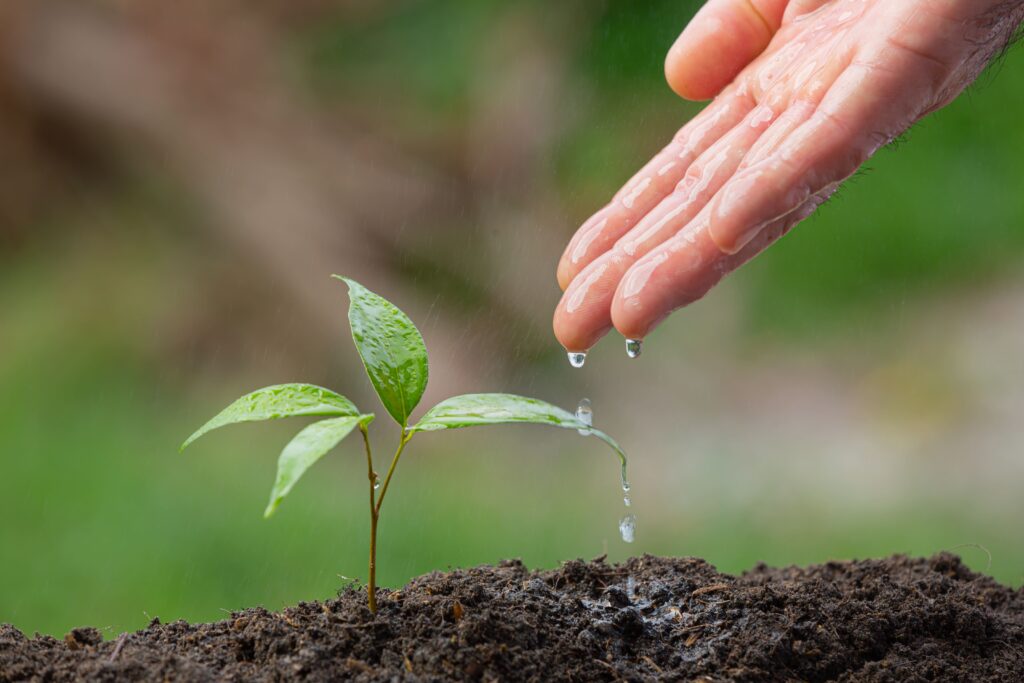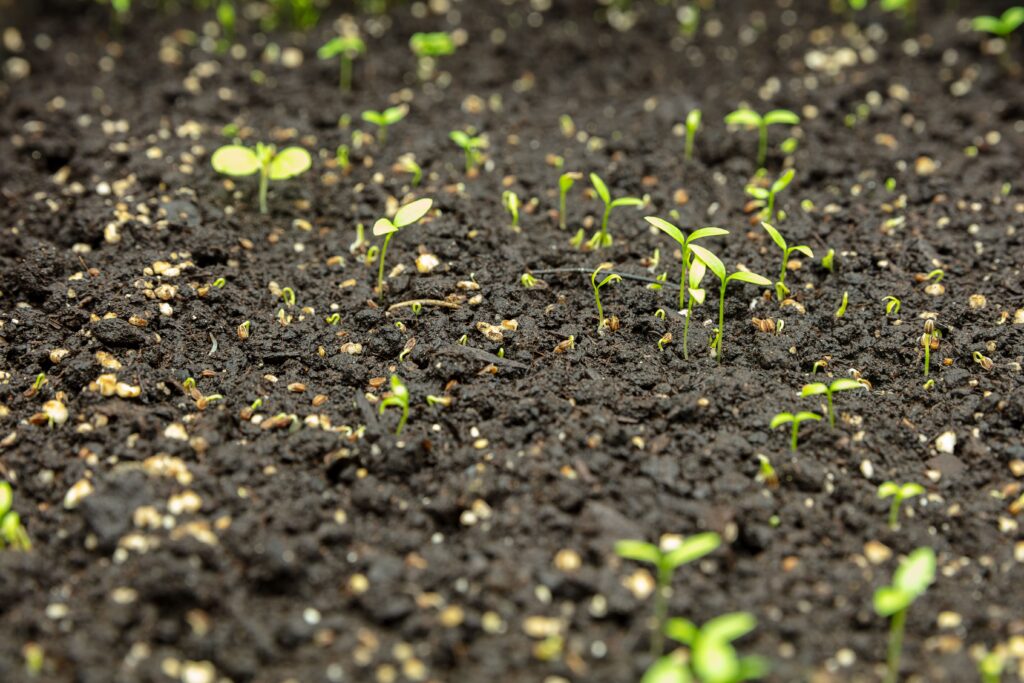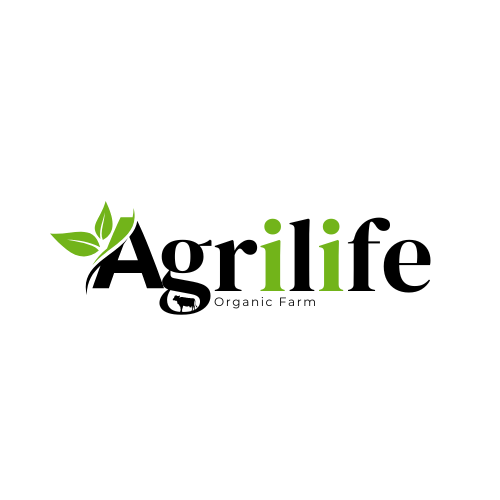
Integrated farming combines dairy farming and organic vegetable cultivation on the same land helps to maintain environmental sustainability. Integrated farming is eco friendly and a sustainable agricultural method. It helps to maintain an ecological balance by efficient use of resources. Managing both water resources and soil health is a crucial factor in the integrated farming system. For achieving such an ecological balance the farmer should monitor the water quality and soil health and take necessary actions. Monitoring water needs and soil health during many stages of cultivation is essential for the success of the integrated farming system. In this blog we will discuss the efficient management of water resources and soil health for maintaining integrated organic farming on the same land.
Understanding the Harmony Between Dairy Farming and Organic Vegetable Farming
Organic farming focuses on sustainability of nature by avoiding chemical fertilizers and pesticides and using organic feeds to nurture crops. Dairy farming contributes to this system by providing manure and other organic matters for the soil health. In contrast organic vegetable crops contribute to this system by giving feed to their livestock and maintaining the soil health. Efficient water and soil management is beneficial for this integrated relationship.
Water Management Techniques
Water management is a crucial factor in any agricultural activity, especially for the integrated farming of livestock and vegetables. Here are the basic techniques:
1. Rainwater Management
Rainwater is a major source of water resources, by building a rainwater storage unit we can directly collect the rainwater. Build a storage unit in an appropriate place and collect rainwater from rooftops and other areas. Store this water in the reservoir and use it for irrigation and livestock use. This will help to reduce the external water source dependency and promise a constant supply of water during the summer season.
2. Drip Irrigation System
Drip irrigation is an efficient water management method. In this system placing a tube with emitters in the ground at the root zone. This will help to maintain soil moisturizer at a constant level. This system will help to reduce water wastage, soil erosion and water logging, it will ensure the sustainability of organic farming.
3. Dairy Farm Waste Water Treatment
Dairy wastewater treatment refers to collection and cleaning of wastewater before discharge to a sewer or environment. In this integrated organic farming this treated waste water can be used for vegetable irrigation purposes. The dairy farm waste contains many components, the direct application of wastewater may be hazardous to the crops, so efficient treatment is essential. Ensure the treated water should meet the organic standards to avoid contamination.
4. Mulching
Mulching is the process of covering the soil with mulches such as grass, dry leaves, straws, wood pieces and other organic materials. This will help to preserve the soil moisture and improve the soil fertility. Thus we can conserve water by reducing evaporation and preserving soil moisture.
Soil Health Management

Soil health management is a crucial factor for both organic vegetable farming and livestock farming. Healthy soil is a stable base for vegetable crops and livestock while supporting fodder production. Maintaining organic soil health requires strong monitoring of the soil fertility, ph level, microbial activity and soil structure.
3.
1. Maintain Organic Compost
Organic composting is a natural method for recycling organic waste materials like food waste, manure, leaves, etc. In integrated farming we can use dairy manure for making compost. Compost contains essential nutrients like nitrogen, phosphorus and potassium which enhances the soil fertility. This helps microbial growth and enhance soil structure and nutrient cycling.
2. Intercropping and Crop Rotation
Improving soil fertility and pest control by cultivating different alternative crops for example cultivating pulses after vegetables harvesting. Cultivate green manure to cover crops like clover and alfalfa and plow them back into the soil. Cultivate intercrop plants with fodder plants which will help for land utilization.
3. Vermicomposting
Vermicomposting is an efficient method for making organic composts. In this method use earthworms to break down organic matter and create a nutrient rich composting. This will enhance the soil fertility, retain water and prevent soil erosion.
4. Maintain Soil pH Level
Adjust the pH naturally by adding lime or sulfur, ensuring that it remains optimal for crop growth. Avoid Chemical fertilizers that violate organic agricultural standards. Test soil pH and nutrient levels regularly to ensure consistency of amendments.
Benefits of Effective Soil and Water Management
When water and soil get managed efficiently we get the following benefits,
1. Increased Productivity
Efficient management of water and soil results in higher production of organic vegetables and better animal health.
2. Cost Savings
Operating costs are reduced by reducing external inputs such as fertilizers and excess water.
3. Sustainability
Creates a truly sustainable system that protects the environment and conforms to organic farming principles.
4. Resilience
Increase the farm’s ability to withstand climate change such as drought or flood.
5. Market Interest
Certified organic farm products fetch higher prices, increasing farm profit.
Future Prospects
As demand for organic food and sustainable practices grow, the integration of organic vegetables into dairy farming is poised to expand exponentially. Technological advances such as precision irrigation and soil health monitoring tools will further enhance these programs. Policy makers and agricultural organizations can support farmers by providing training, grants and programs for organic certification.
Conclusion
Monitoring water needs and soil health is essential to the success of organic vegetable and dairy farming on a shared land. By implementing sustainable practices such as rain water management, composting and crop rotation, farmers can create a balanced self sustaining ecosystem. This method not only increases yields but is in line with the principles of organic farming, paving the way for a greener and more profitable future.

